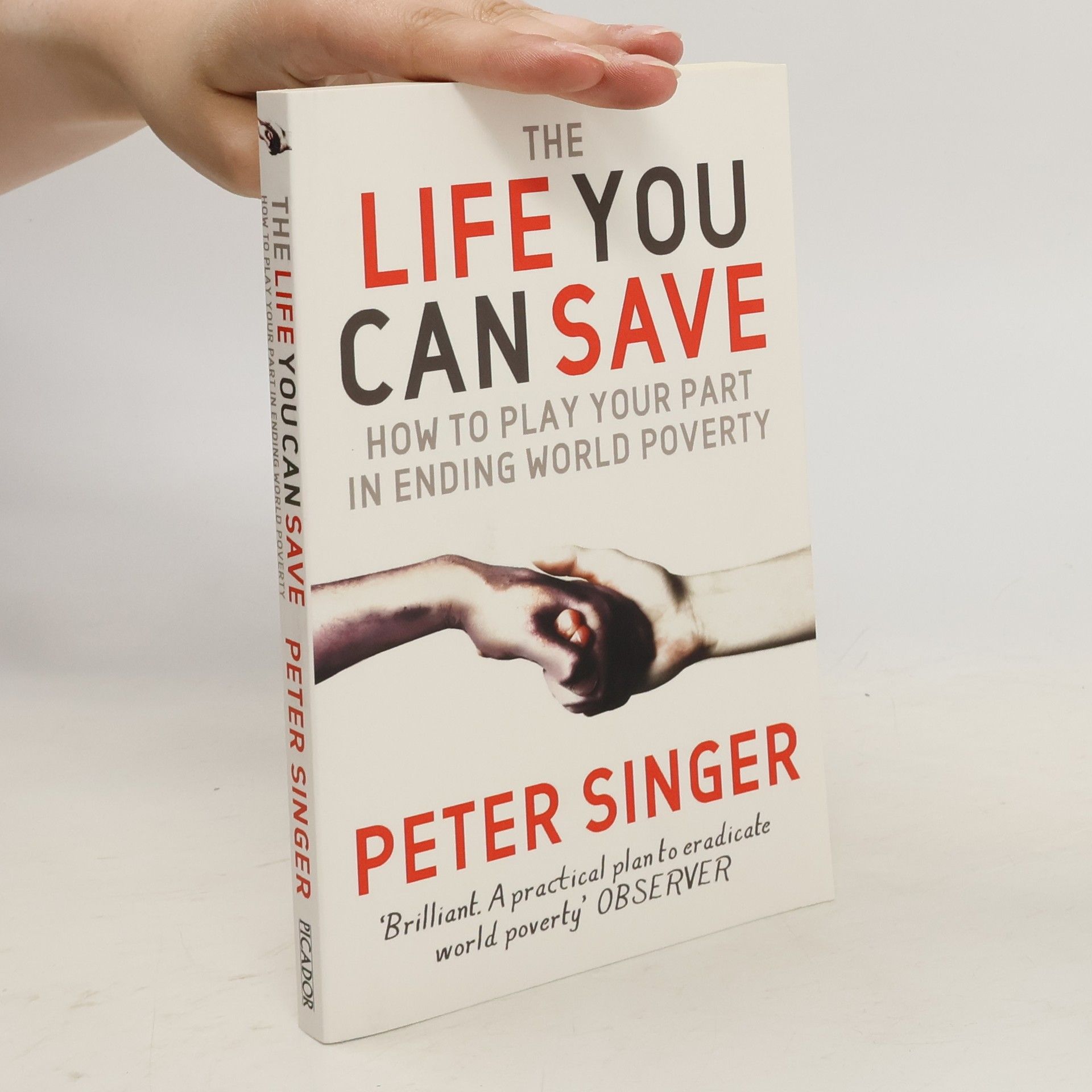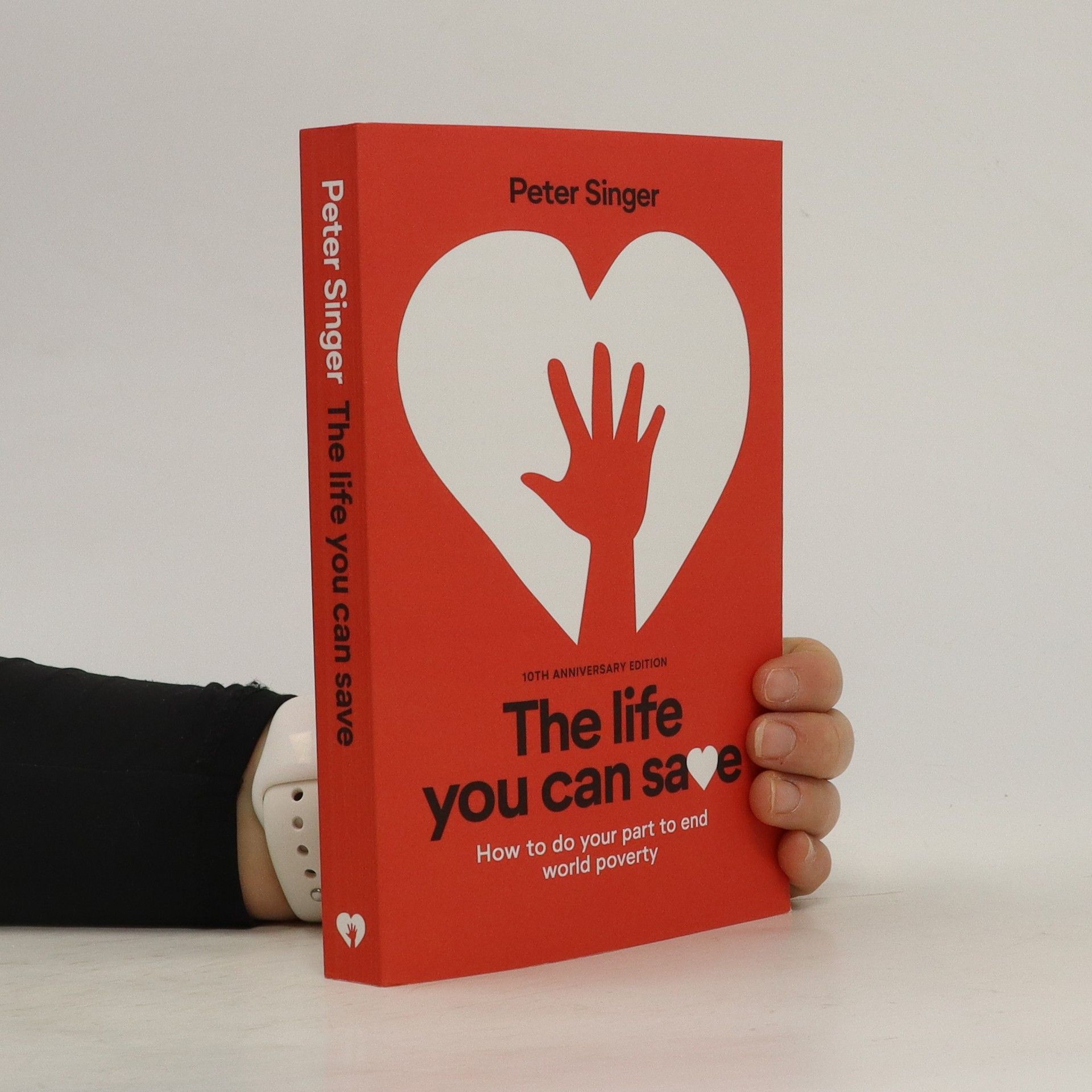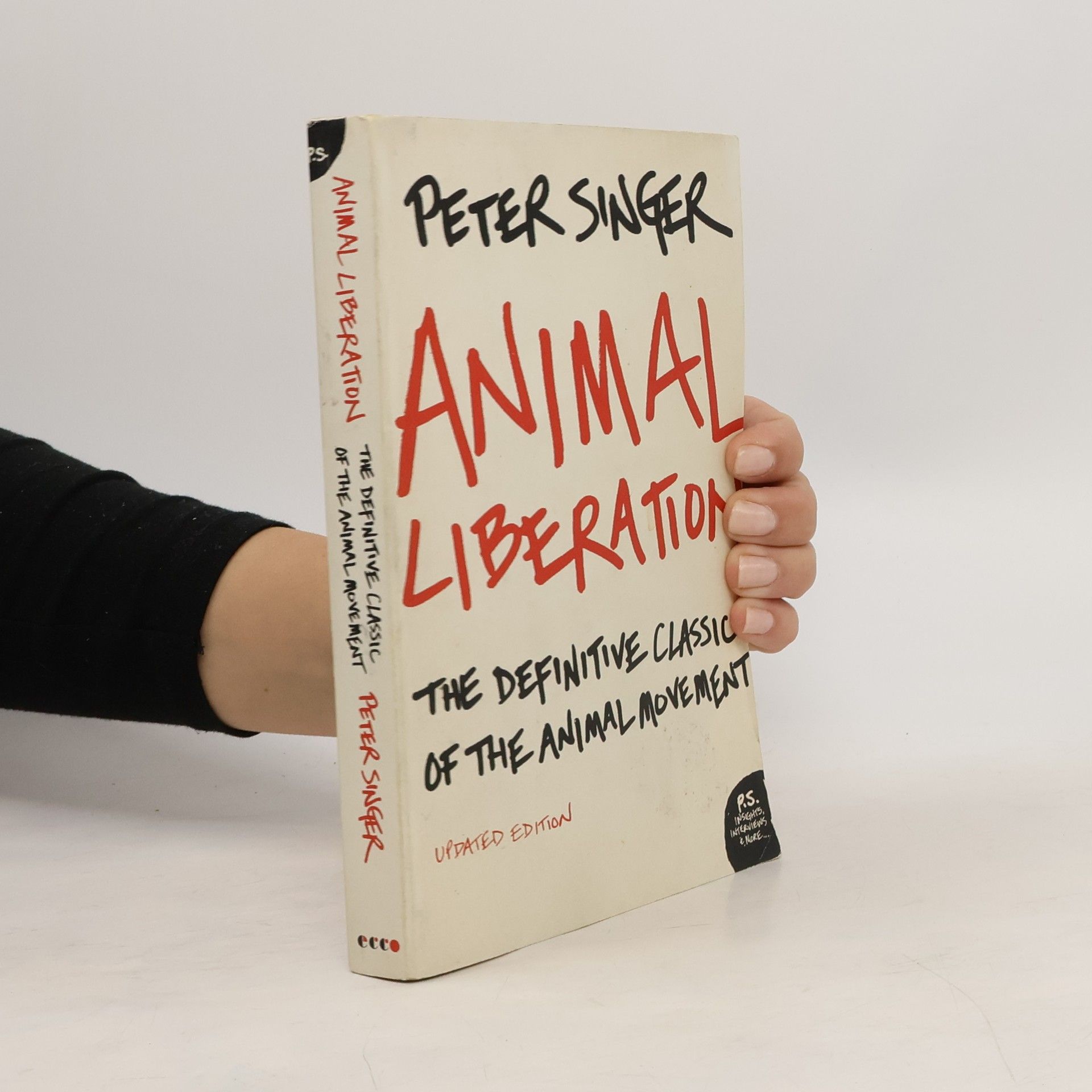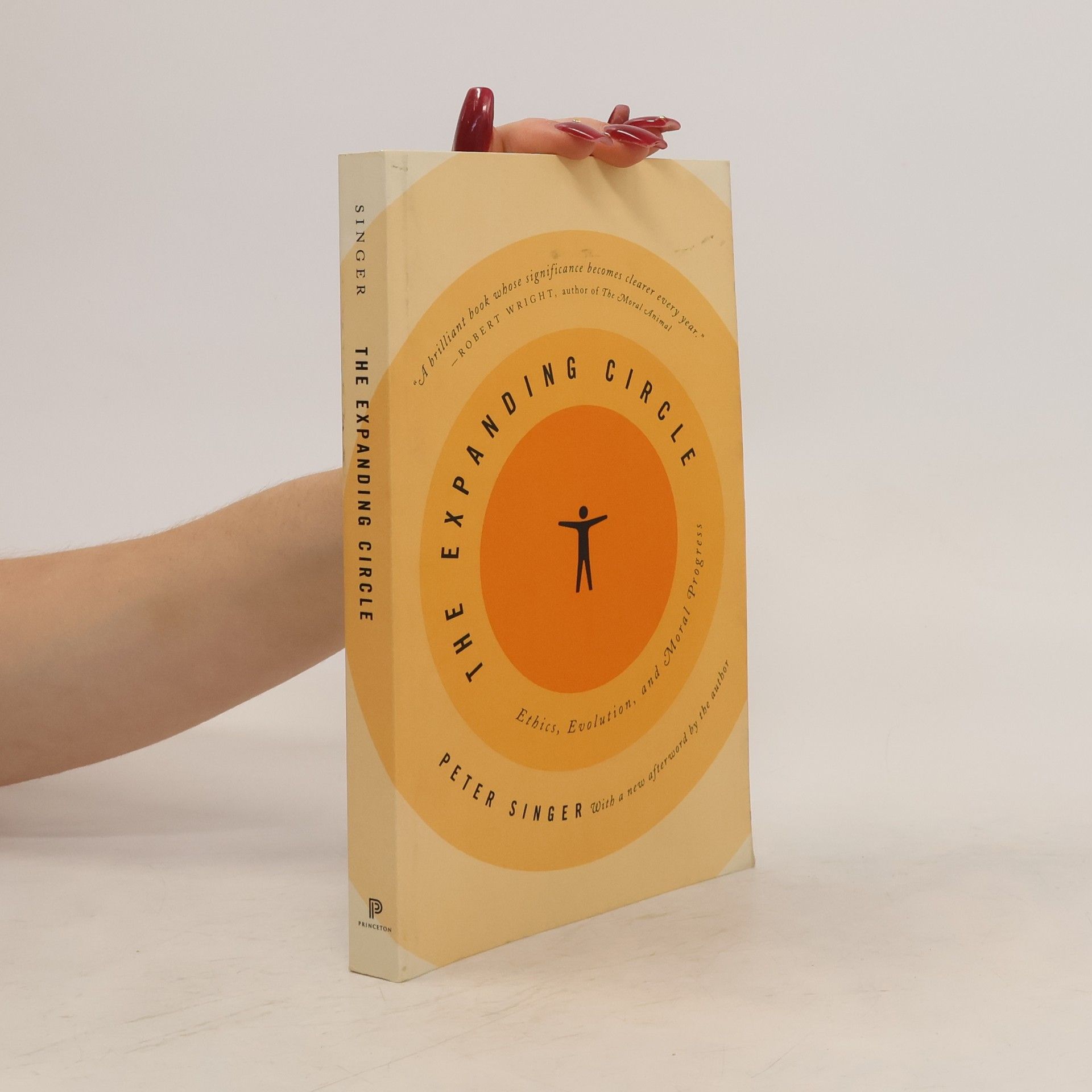Consider the Turkey
- 128 pages
- 5 hours of reading
Examining the traditional turkey feast, this book reveals the troubling realities of commercially produced birds and their history. Author Peter Singer critiques the annual presidential turkey pardon while introducing readers to a charming turkey named Cornelius. He advocates for a shift towards vegetarian alternatives or focusing on popular side dishes to enhance holiday meals for both people and the planet. The book also includes delicious recipes for turkey-free celebrations, prompting a reevaluation of holiday dining choices.









